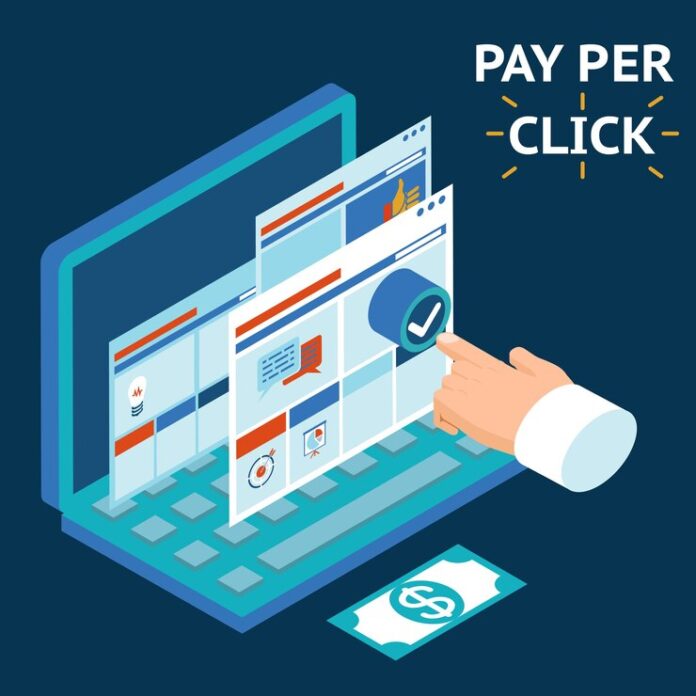With the rise of a competitive market, every business is fighting for its place in reaching its target audience’s attention, getting their approval, and looking to create lasting relationships. With organic growth strategies, certain limitations include taking considerable time to show the brand’s organic growth and improve its website domain rating or authority. These factors forced businesses to try something new that promoted their brand immediately.
Professional PPC management ensures businesses conduct their digital advertisements with better considerable practices and techniques that provide high returns on their investment. With Pay-Per-Click (PPC) presence, businesses don’t need to wait for organic growth strategies to show results.
Benefits of PPC Management
Below are some of teh crucial benefits of PPC management:
Boosts Engagement: Implementing PPC campaigns for businesses can significantly help firms increase their engagement with their target audience. Instead of their weak search presence, they no longer need to get outplayed by their competitors based on their organic growth. They can streamline their engagement process by launching PPC advertisements to ensure their audience gets to know their presence.
Cost-Effective Results: PPC’s flexible marketing helps businesses conduct their digital advertisements cost-effectively. Their practice involves companies only needing to pay advertising models when their ads receive clicks and impressions. Instead, they don’t have to pay any extra upfront costs.
Efficient Process: PPC management allows companies to control their advertising campaign better beyond launching. They help marketers create a robust plan and strategy that assists them in placing their ads, segmenting their audience, keyword identification, and handling bidding strategies. They possess various tools and expertise to track their ad performance and advise practical measures to navigate their ads better.
Enhanced SEO’s Growth
PPC’s effective advertising approach can attract customers and bring more traffic and leads to visitors visiting their website. By bringing visitors to their landing pages and multiple different web pages. This way, Google acknowledges its site’s importance, and PPC services complement the website’s Search Engine Optimization (SEO).
How to Create an Effective PPC Management
Businesses can create professional PPC management through the steps below:
Craft a Landing Page
PPC marketers create a landing page related to their ad content, and its primary role is to determine how many visitors click on their ads to appear on their landing page. This way, they can measure the results and performance of their ads. Landing pages must be crafted for higher conversions and should relate to ads to close the buyer’s journey with immediate sales. Landing pages can be of pricing stages of their products or contain a button leading to a free trial or sign-up page if their niche provides subscription service.
Ads A/B Testing
Professional PPC management’s other aspect includes A/B split testing of ads. PPC marketing agencies work on creating test cases of their ads to generate the most effectiveness out of their ad’s performance. They test and tweak different areas of ads like headlines, images, text, and Call To Action (CTA) to analyze which ad creates the best results for their campaigns. The split tests help marketers understand which advertising campaign is better for their for their different audience segments.
Tracking Ads Spend
PPC advertising agencies conduct advertising campaigns all over search engines and social media platforms, and where PPC management companies come to better control the bidding strategies and costs on their every single ad. They constantly test and tweak different keywords embedded in their ads to get better results on their ads and more effective returns.
Types of PPC Ads
Some of the common types of PPC ads are:
Search Ads
Text-based ads involve meta titles and descriptions, just like organic search links that appear on search engine results pages (SERPs). They are ranked at the top of search engine results based on their content, keywords, and bidding costs.
Display Ads
These are the most common types of PPC ads. They contain images, visual elements, and short, enticing descriptions that close with scarce CTA to capture the attention of their target audience and are published on Google-partnered websites or social media platforms.
Social Ads
The fastest-growing segment of b2b PPC advertising is where marketers leverage the presence of popular apps like LinkedIn, Instagram, and TikTok to target their desired customers.
Closing Words
Professional PPC management is proving to be a game-changer for businesses struggling to get the most out of their PPC advertising campaigns. With advanced tracking tools and software, businesses are conducting their PPC marketing campaigns by investing less money to earn more and better results.

